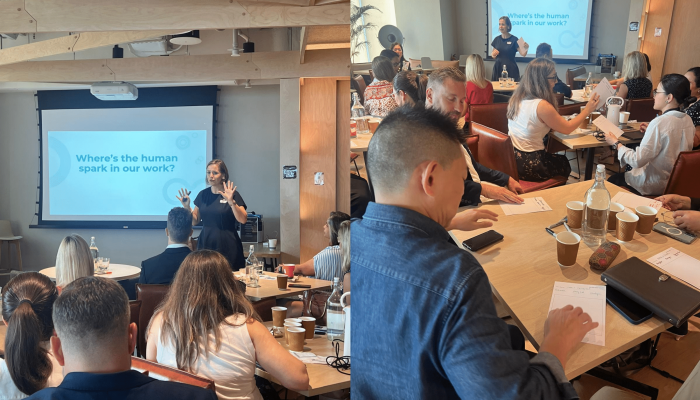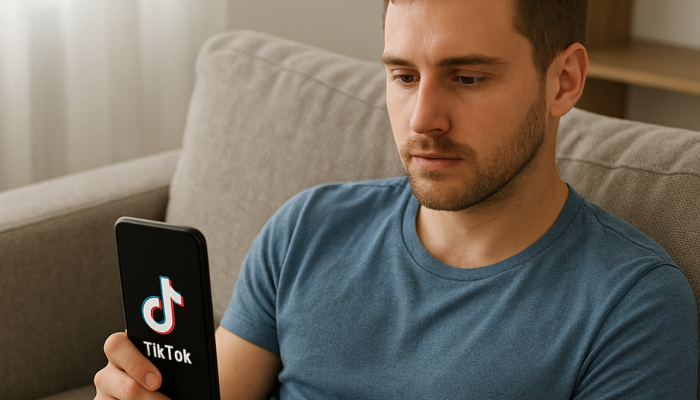I look at #metoo, I look at #TimesUp, and I think wow, we haven’t come very far.
There’s been a lot of books, there’s been a lot of success stories, but the power and gender imbalance underpinning society has an awfully long way to go. But at least that’s clear now. Brands and marketers have committed some serious atrocities against women (and men for that matter).
If we look at the recent past alone; Audi China’s infamous mother-in-law tripe, which compared women to used cars.
In addition, who could forget Belvedere’s ghastly ‘unlike some people, Belvedere always goes down smoothly’ from 2012. Simply rank.

As an industry, we’ve dined out on insecurities and inadequacies for decades.
We’ve unleashed images, lines, ideas and rituals into the world without really considering the cultural impact they have. Sometimes subtly and other times downright in your face like Protein World’s aggressive OOH beach body billboard:
If we’re being real (and why not), we’ve contributed more to the development and proliferation of harmful behaviour and norms than is comfortable to consider. We can scoff at Audi, Protein World, even Bic for that matter, but we’re all complicit. So for me, International Women’s Day provides a moment of reflection.

Let’s start by looking at our own organisations: our talent and our culture, and to question whether we are doing enough as employers to ensure that equality, diversity, the physical safety and the emotional flourishing of every employee is actively maintained.
It’s been widely reported that only 11 per cent of creative directors are female. So let’s make this simple and quote Skepta, we need some more girls in here.
I recently invited a psychotherapist to live in the agency for three weeks and report back the ways in which we can improve our teaming and the collaboration space we create. The results were enlightening.
Understand the bigger responsibility we have

How are we as an industry supporting the global drive to equality through our implicit decisions?
Our casting decisions, our art direction, our copy decisions. Yes we need to sell stuff, yes we need to create desire, project lifestyles that others want.; but I believe there’s a more interesting way to do it, a way that destroys less and creates more.
There’s a role for outstanding statement work like Fearless Girl or the UN Women’s autocomplete campaign, work that makes change a headline-worthy topic. But there’s a larger role to affect unconscious cultural change with every piece of work that goes out the door and into the world.
Not through our charitable efforts, not through our award entries, but in our every brief and every decision. ASOS are a shining example of a brand who do this time and time again; they embraced different body types and released a groundbreaking gender-neutral clothing range – and yet they rarely talk about it.
Lead, don’t chase the bandwagon

Advertising has always been a reflection of culture and culture is always changing – albeit slowly in this case. So there is definitely room to quicken the pace.
The design, feel, values and practice of global cultural discourse need to start shining through the briefs. It’s the task (and the responsibility) that sits at the feet of brands, marketers, agencies, creatives, film-makers, authors, musicians – anyone who has a platform of influence.
The winners of this year’s Oscars delivered on that brief : Get Out, The Shape of Water and Call Me By Your Name all surface latent cultural tensions or challenge conventional depictions of lead characters.
Imagine if perfume ads, domestic appliance ads, car ads, shampoo ads didn’t patronise the bejesus out of real people. Imagine if subconsciously and subtly mindsets started to change. This industry has a very powerful role to play in ensuring that sooner or later, change happens.
We need to destroy less and create more. If we don’t, then we are as Alex Bertulis Fernande so eloquently put last month ‘complicit in our de-humanisation’.
This article originally appeared on mumbrella.asia



